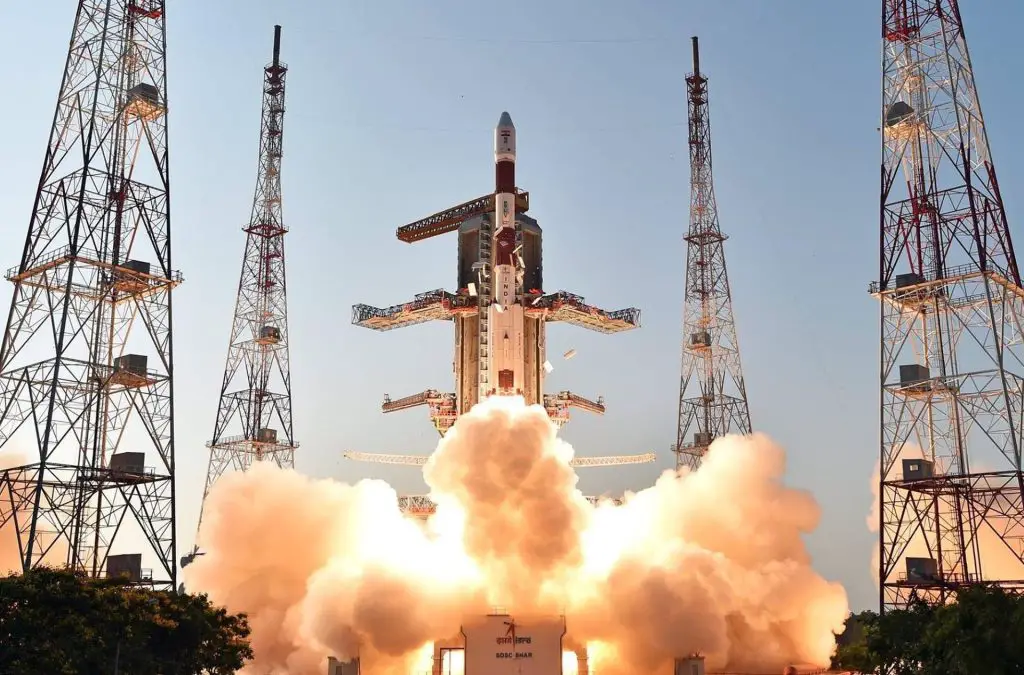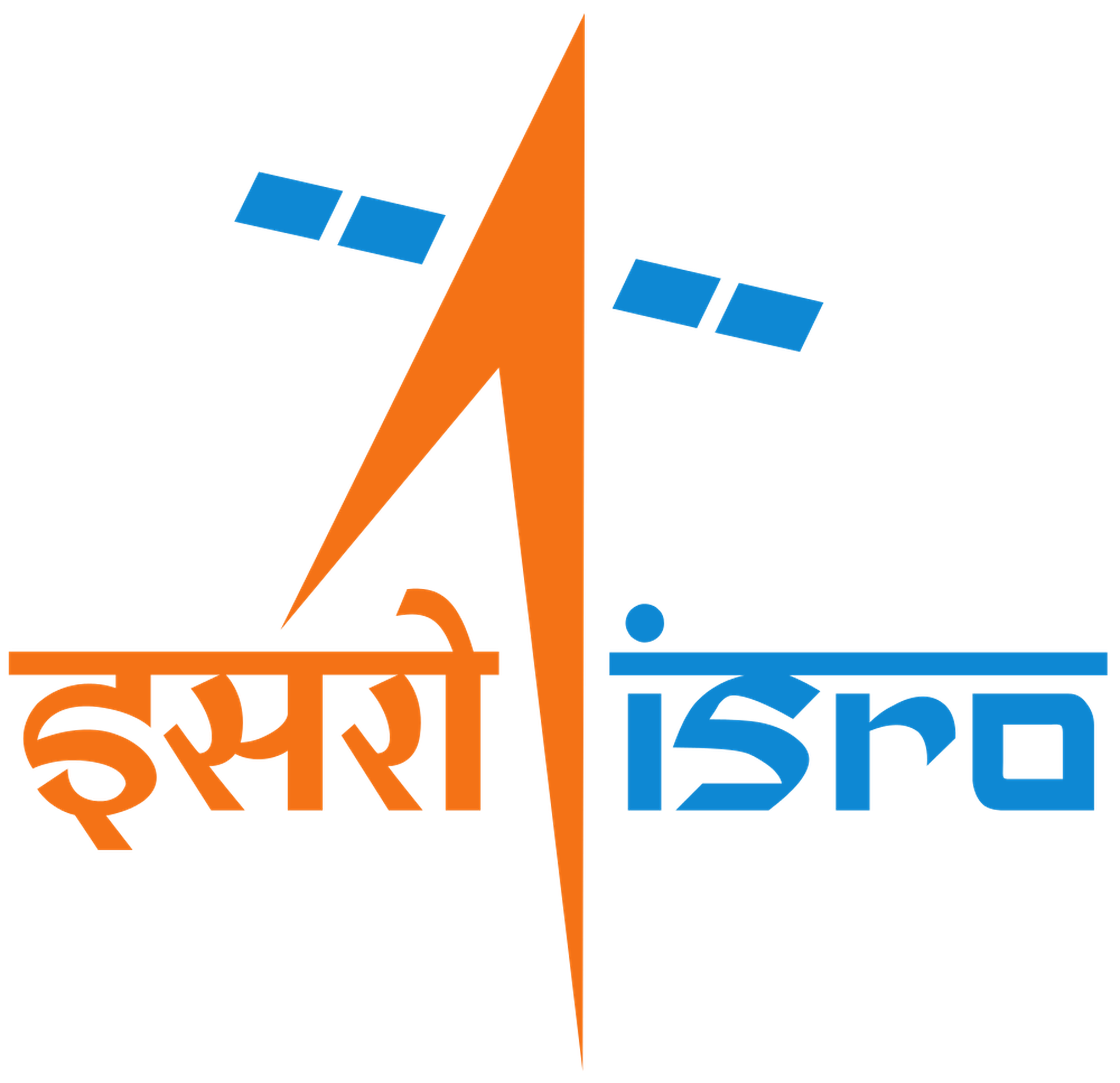
Indian Space Research Organization – ISRO

- Spacecraft: Gaganyaan
- Abbreviation: ISRO
- Administrator: Chairman: S. Somanath
- Country: IND
Indian Space Research Organization is a Government space agency that was established in 1969. Indian Space Research Organization has 77 successful launches and 13 failed attempts, with a cumulative tally of 90 launches, currently with 14 pending launches in the pipeline. Indian Space Research Organization has a tally of 0 attempted booster landings, of which 0 failed and 0 successful booster landings recorded.
The Indian Space Research Organisation (ISRO) is the space agency of the Government of India headquartered in the city of Bangalore. Its vision is to “harness space technology for national development while pursuing space science research and planetary exploration.”